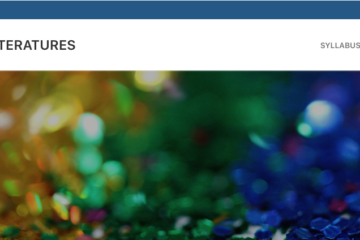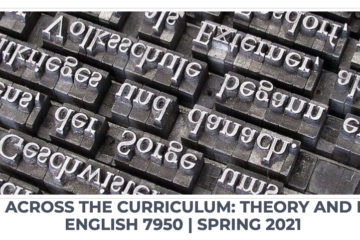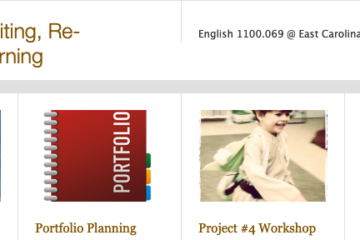WOST 5000 (Special Topics in Women’s Studies) brings together upper-level-undergraduate and graduate students to discuss advanced topics and texts that address issues of gender and sexuality.
For at least 100 years, the English-speaking world has found various representations of gay and lesbian individuals on the stage. From the effete and flamboyant characters and camp comedy of Oscar Wilde’s The Importance of Being Earnest and Lady Windermere’s Fan and the socially and psychologically persecuted characters of Lillian Hellman’s The Children’s Hour and Tennessee Williams’s Suddenly, Last Summer, gay and lesbian characters have emerged in the latter part of the twentieth century as infinitely more complex and interesting for audience.
In fact, in the last twenty years, the American and English stages have witness a number of theatrical revolutions, many of which have been spearheaded by gay and lesbian playwrights. Mart Crowley shocked the New York theater scene when he showed a raw and complex selection of gay men in his 1968 play The Boys in the Band, while Emily Mann’s Execution of Justice helped bring LGBT political causes to the attention of large audiences. In the 1980s, Larry Kramer’s plays about the beginnings of the AIDS pandemic shocked audiences, while Holly Hughes and Caryl Churchill were re-writing the conventions of theatrical performance, especially in their engagements with audience members. The 1990s has continued many of those traditions, blending performance-art techniques with more traditional stage craft. Simultaneously, in finding an audience for “queer” theater, LGBT and heterosexual playwrights have carried on the rich traditions of humor that Wilde was famous for, even while exploring such vexing topics as the persistence of AIDS and governmental silences to its spread, rape and assault, gender dysphoria, the intersections of ethnic and sexual identities.
Students in this course will primarily investigate recent works written for the stage, though they will also read (or watch movie-versions) of earlier LGBT-themed plays in order to see thematic and tropological contrasts. In class, a wide variety of plays written by lesbian- and gay-identified playwrights, as well as at least one heterosexually-identified playwright, all of whom come from a variety of ethnic backgrounds. This rich tapestry of experience is part of what makes LGBT drama not only diverse and engaging, but also unique in its contribution to the world stage.


